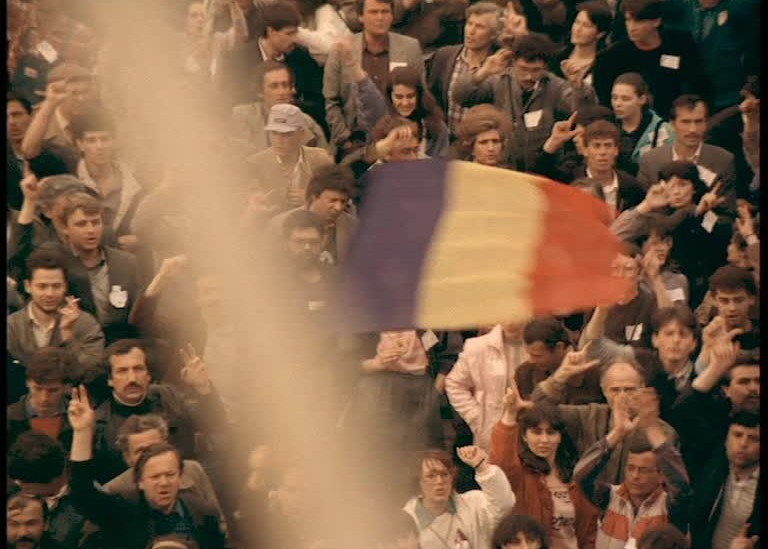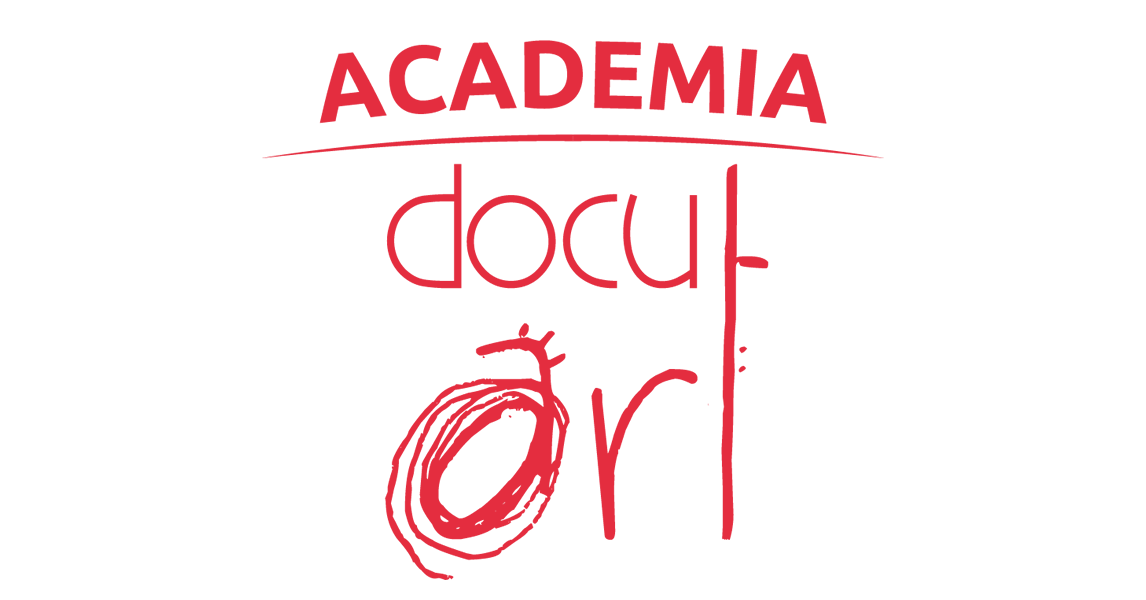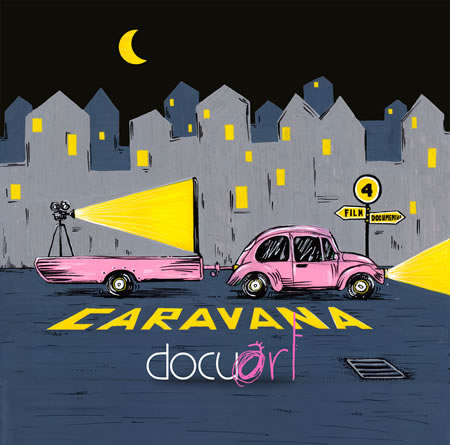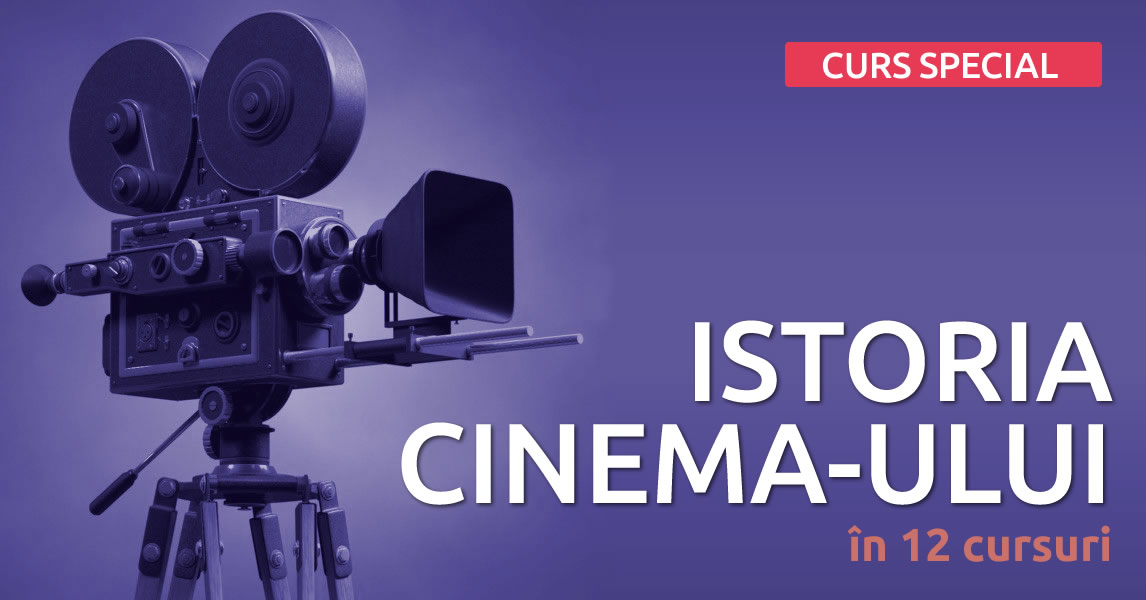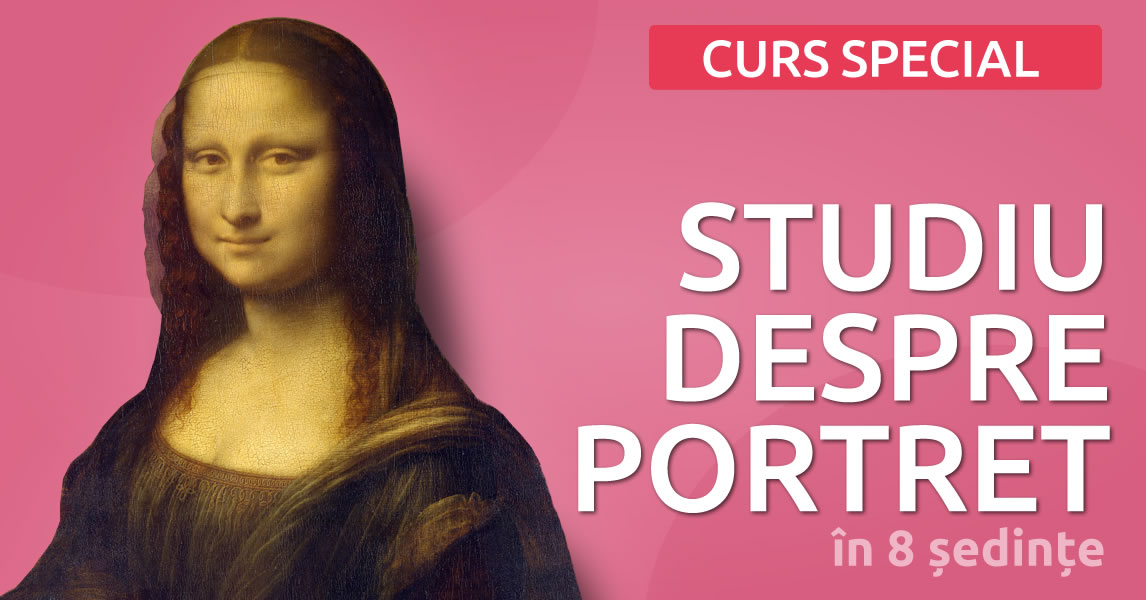The lack of exposure
I have been writing for long enough for cinema so that I don’t have fears like „the white page” anymore. Though, when I was asked to identify 3 directions within the Romanian documentary after the revolution it stroke panic into me for a few minutes. Too much time…too many documentaries…too few of them seen. My panic attenuated when I came to the conclusion that I have already identified the first characteristic – their weak visibility. Immediately after the 90s, being still in high school I took my dose of liberty with the devastating documentary “The University Square” directed by Stere Gulea – a miraculous cinema manifesto, a wild and savage documentary, and yes, an elegy that landed in a sea of TV manipulation of FSN party– and after that I had to wait for almost 20 years until the capitalist period, our secret receipt for seeing a feature documentary on the big screen (we can count on fingers the documentaries that were launched in the cinema in the last 25 years). Some say that the documentary is the poor relative of fiction and the discrimination in Romania is obvious – the financing is poor, minimal exposure and the public is apathetic. But once with the digital democracy and the “new wave” explosion things began to change – specific festivals appeared, sites like this, television channels that were interested in production. At the same time our endless transition remains (in good and bad) an ever-living source of themes.
About everything with no dissertation
Three is a reasonable figure. If I were to find 5 common characteristics I would have had a problem. Because the documentaries after the revolution (especially in the last 5-7 years) are hard to catalogate; the interesting and enthusiastic thing about the recent Romanian documentaries is that they are so distinct. The area is eclectic and of a surprising variety (mockumentaries, essay- documentaries, investigation documentaries, montage films, ethnographic documentaries and so on and so forth) which is not find in the more exported fiction. We may miss the doc-activism part. Even a hot documentary about intense social movements like „Where are you Bucharest?” favors a detached and objective perspective.
Not a few times at the film festivals abroad where I had the chance to see Romanian documentaries the directors were asked why they hadn’t done a more emphatic political or social statement. In my opinion this refuse is a good choice. As many others in my generation that grew up in the communism I am allergic at dissertations and I appreciate this refuse of regimentation and I understand where it comes from.
The Aristotelian Influence
The Romanian documentary nowadays wouldn’t have come to live this creative effervescence if festivals like TIFF, Astra, One World, Docuart or unique initiatives like Aristoteles workshops didn’t exist. For five weeks 12 young people that don’t know each other with different professions (directors, operators, sound-men, editors, etc), gather in Vama, in Bucovina and make a documentary under the supervision of some mentors. The limitations – of time and space – turned to a style, even to a school. The Aristoteles films are observational and stylized, with an incandescent human root. There is something in the pastoral air there – a blending of enthusiasm, talent, know how, vision, humanity – that made the workshops become a little hand-made factory of awarded documentaries that abrade and start a new generation of authors.

